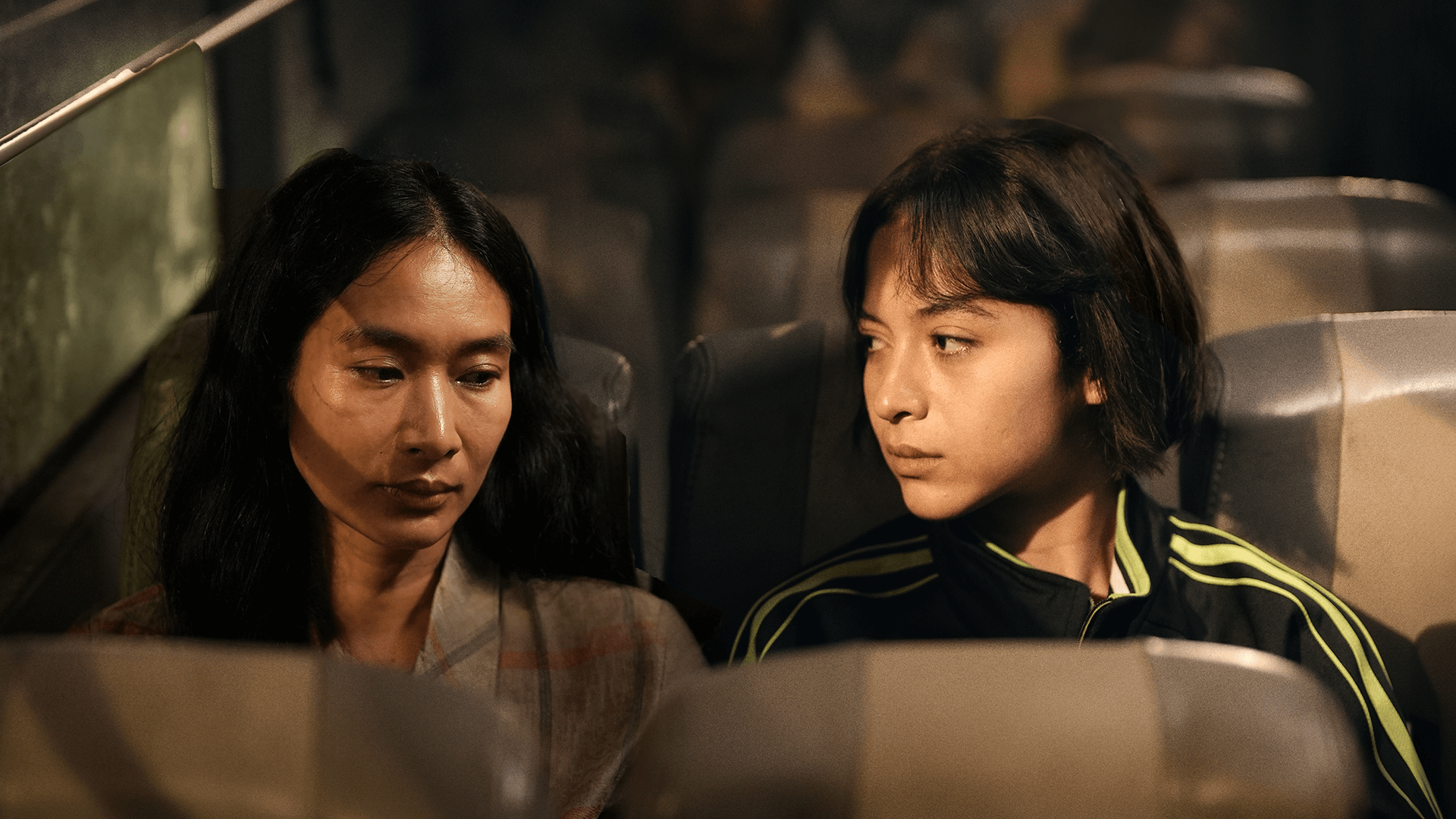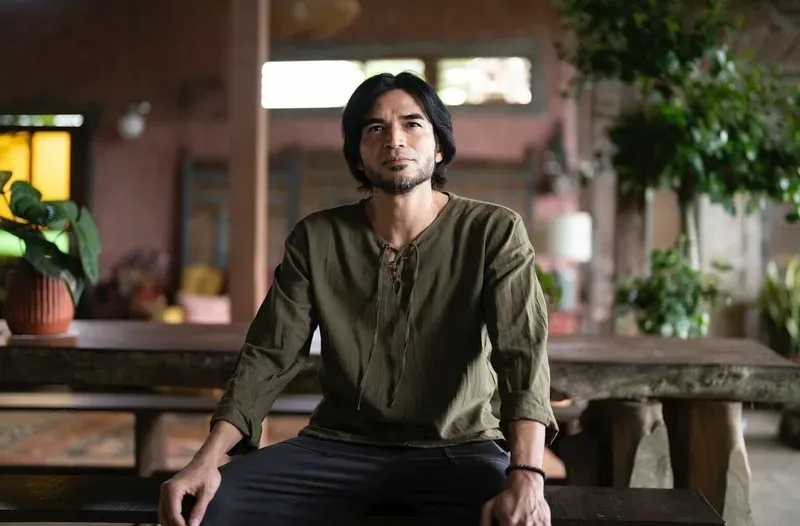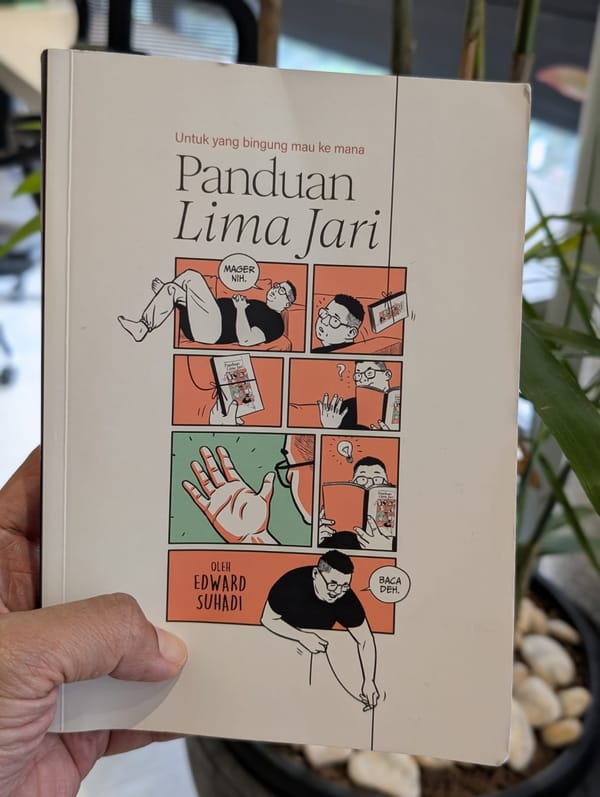Not Your Average Horror: Tebusan Dosa’s Mystical Mystery
An atmospheric, visually rich film I’d recommend to those who might typically shy away from the horror genre.

Tebusan Dosa (Atonement for Sins) leans more toward mystery-thriller than horror. It’s an atmospheric, visually rich film I’d recommend to those who might typically shy away from the horror genre.
So why did Palari, known for top-tier arthouse films, suddenly dive into horror? Dipa (Imajinari) asked Edi, the producer in his podcast “Behind the Screens”. Palari has become one of Indonesia’s most respected production houses, with “Vengeance is Mine, All Others Pay Cash” garnering international awards and “Borderless Fog” featuring on Netflix’s top non-English titles list. Palari and Anggi Noen’s approach to horror was bound to be layered and visually captivating, sidestepping typical jump scares and urban legend tropes.
The story begins with Wening, whose life spirals into despair. Happy Salma plays Wening with a raw authenticity, conveying her struggle with physical abuse and the devastating losses of her mother and daughter. Her pain drives her to question if her daughter’s fate is somehow tied to sins she might need to atone for, the film’s central theme.
Tirta, a swim instructor portrayed by Putri Marino, becomes the lens through which we experience Wening’s anguish. Her podcast exploration of Wening's tragedy raises an unsettling question about the ethics of using someone’s grief to gain followers.
The film also showcases a cultural contrast between Tirta, who’s relocated from urban Jakarta, and the rural Javanese villagers surrounding Wening. Elements of Kejawen mysticism are woven into the plot, adding color to the narrative and exploring the persistence of animism in Javanese culture.
Then there’s Tetsuya, played by Shogen Itokazu, who brings a calm, Zen-like presence to the story. His bonsai and origami cranes give a glimpse into how Japanese and local Javanese cultures can coexist and subtly enrich one another.
The film’s multi-layered plot and complex mystery add an unusual texture to the story. For some, this could feel both drawn out yet rushed at different times, especially if they’re expecting a tightly wound thriller like True Detective. But these layers ultimately set Tebusan Dosa apart, leaving questions lingering in a way that typical Indonesian horror doesn’t.






